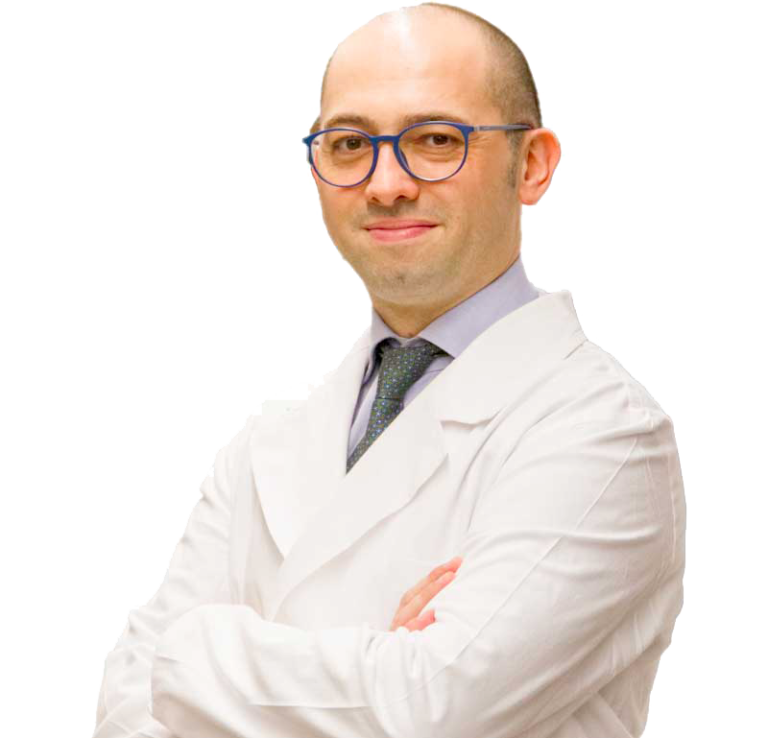Urology
- Home
- »
- Urology
What Urology studies?
Urology is a branch of surgery that studies the urinary system in women and the genitourinary in man. The urolólogicas diseases increase with advancing age of people. Urology specialty is an extremely complex, varied and probably the only one that encompasses all types you techniques: conventional surgery, laparoscopic, robotic, endoscopic and microscopic surgery.
What specialties are urologists?
Urological diseases may be different in nature and usually urologists specialize in various branches for high quality in the treatment of diseases of patients.
So you can have a brief idea, the most common urologic diseases are:
- Calculations. A stone or calculi is a more or less hard mass developed from crystals found in the urine within the urinary tract. They may be in the kidney or in the ureter (the tube that carries urine from the kidney to the bladder), bladder and urethra. Interestingly:
- 1 in 10 people form a stone at some point*/;
- There is a possibility of between 5% and 10% form stones lifelong*;
- In men is more common form stones than women, with a difference of 3 to 1;
- Between 30 and 50 years it is easier to form stones;
- Patients who form kidney stones do more than once in your life.
- Benign prostate growth. Benign prostate growth is a very common and physiological condition. It is related to hormonal changes that occur as men age. Prostate disease can become very worrying but it is important to know that the benign prostate growth is not prostate cancer or becomes so although it is left untreated. However, both disorders can develop at the same time as you age, so you should consult with the urologist to expose any concerns and make periodic checks.
- Kidney cancer, the urinary tract, prostate, bladder, testicles, penis and urethra
- Overactive bladder. It is said that a bladder is overactive when contracted to expel urine at the wrong time. If a person experiences two or more of these symptoms, you might have an overactive bladder:
- Urinating more than eight times a day or more than twice a night;
- Sudden and strong urge to urinate urinate immediately needs;
- Loss of urine after having sudden urge to urinate.
- Nocturia. Nocturia, or need to get up at night to go to the bathroom, it is more likely to occur as you age. With age it is altering the storage capacity of the bladder, the possibility of postponing urination and force of the urinary stream. For these and other reasons the liquid ingested during the day takes longer to be expelled, even at night. Some of the causes may be:
- Drink alcohol;
- Impaired venous return or lymphatic drainage;
- Taking diuretic medications;
- Prostatic hypertrophy;
- Instability in the bladder;
- Uncontrolled diabetes.
- Urinary incontinence. Urinary incontinence is the involuntary loss of urine. Symptoms range from mild loss of urine to reach the abundant and uncontrollable loss of it. It can happen to anyone, but is more common with age. Women experience double compared with men.
- Erectile dysfunction or sexual dysfunction. It is the inability continuously to achieve and maintain an erection sufficient to perform satisfactory sexual intercourse. Impotence affects 1 in 5 men in Spain. You need to determine the degree of alteration of erection. To this are very useful questionnaires erection, as the IIEF-5.
- Infertility. Infertility can be male or female.
- Male infertility is the inability of a man to fertilize the eggs. Male fertility may be influenced by hormonal or endocrine disorders; infectious diseases or inflammatory conditions; immune disorders; environmental and lifestyle factors; or genetic diseases associated with sperm abnormalities.
- The problems most common female infertility are related to the age of the woman. Studies indicate that the physiological decline of fertility begins after 30 years. From the 35 and, especially, at 40, particular difficulties may appear to conceive a child. This is because, over time, the woman’s ovarian reserve decreases and the quality of oocytes is worsened due to aging.
- Pelvic pain. Pelvic pain is a common discomfort mostly women. Its nature and intensity varies and often the cause is not easy to identify and there is no evidence of disease. Pain can be categorized as either acute, which means that pain is sudden and severe, or chronic, lasting for a period of months or more. Pelvic pain may originate in genital or extragenital organs, around the pelvis, or may be psychological, which makes the pain feel worse or indeed, cause a feeling of pain, when there is no physical problem is present.
- Urological or urinary tract infections. A urinary tract infection (UTI for its acronym in English Urinary Tract Infections) is an infection of any part of it. The infections are caused by bacteria. Usually, the bacteria entering the urinary tract is rapidly eliminated from the body before they cause symptoms. But sometimes they exceed the body’s natural defenses and cause infection.
To learn more about treatments in which I can help you see these sources:
Dr. Marco Cosentino
Andrological and Urological Treatments
I operate for years as specialized urologist and andrologist. Experience, research and international studies. I have done allows me to treat many problems, dysfunctions or diseases and urological andrology nature. Working with the aim of making each patient regain my intimate and satisfactory sex life.



